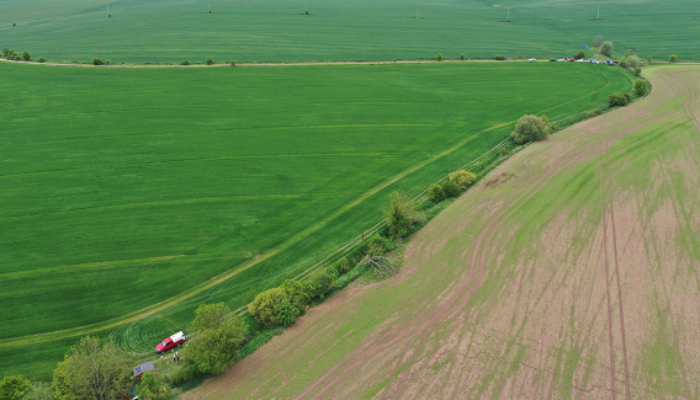The EGU 2021 John Dalton Medal of the EGU Division on Hydrological Sciences was awarded to Brian Berkowitz for his seminal contributions to analysis of flow and anomalous transport in natural porous and fractured media, with pioneering experimental methods and novel conceptual frameworks. His medal lecture was presented at the online vEGU 2021 meeting. We invited Brian to contribute a blog post to ...[Read More]
Brian Berkowitz (2021 John Dalton Medallist) on modelling fluid flow and chemical transport in hydrology: complexity vs. simplicity




